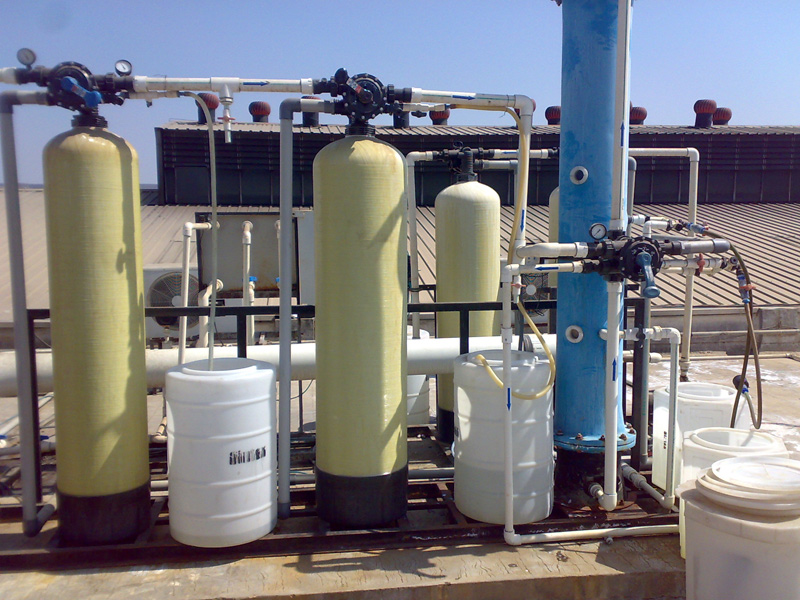Product Detail

Product Name: DM Plant (De Mineralization Plant)
Product Price: Ask for best rate
Product Type: -Select Sub Category-
Product Key: DM Plant
Brand Name: RAINDROPS WATER TECHNOLOGIES
Demineralisation is the process of removing mineral salts from water by using the ion exchange process. With most natural water sources it is possible to use Demineralisation and produce water of a higher quality than conventional distillation.
RWT Manufacture a Wide range of custom-built Demineralised Water plant [DM Plant] in India for industrial process water applications, with inherent design to conserve water, and save costs. The DM Plants [Demineralisation Plants] are available in different sizes and materials, manually operated or fully Automatic, & ready to install & are available as standard models or custom built versions for specific needs.
The basic DM plant must have minimum two resin columns, Cation and Anion.The cation unit contains resins, which are in H form and Anion resins in service cycle are in OH- form. The filtered raw water, when passed through a two bed DM plant, cation resins exchange all cations in water and the salts are converted to respective acids. his acidic water is passed through the anion resins, which exchanges the anions and the pure water is achieved.The water coming out of Anion unit generally has TDS less than 40 PPM & Hardness less than 1 PPM.
Principle
Raw Water is passed via two small polystyrene bead filled (ion exchange resins) beds. While the cations get exchanged with hydrogen ions in first bed, the anions are exchanged with hydroxyl ions, in the second one.
Process
In the context of Water purification, ion-exchange is a rapid and reversible process in which impurity ions present in the Water are replaced by ions released by an ion-exchange resin. The impurity ions are taken up by the resin, which must be periodically regenerated to restore it to the original ionic form. (An ion is an atom or group of atoms with an electric charge. Positively-charged ions are called cations and are usually metals; negatively-charged ions are called anions and are usually non-metals).
Back
-
Best Service Provider
Satisfaction & Business Growth Guaranteed -
Verified Service Providers
More than 500000 verified business leads delivered till now -
Benefits to Annual Registered Supplier
~14-Sections Online Web Link ~ 50 Products Link with Detail Page each ~ Control Panel to Edit/Add All Sections.


